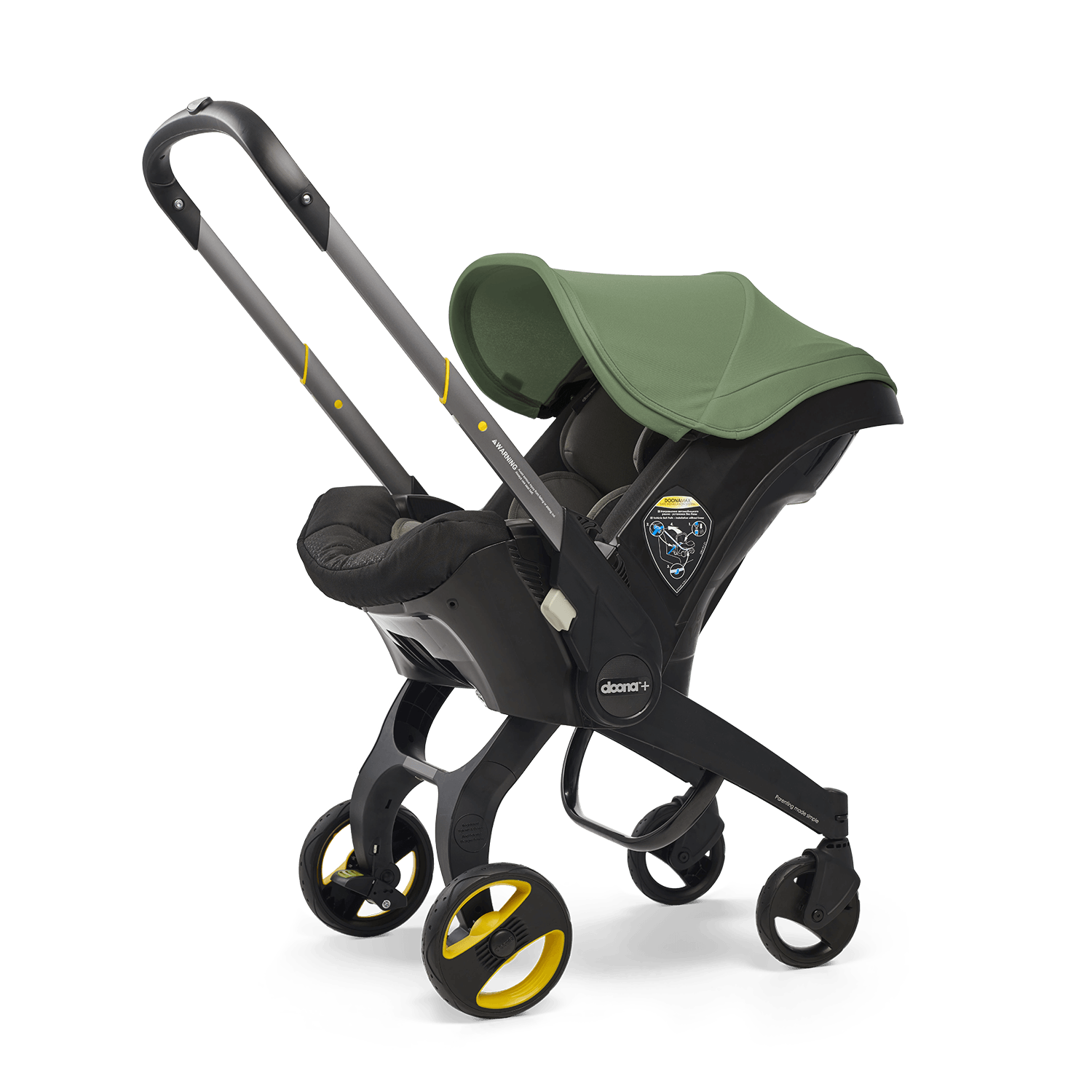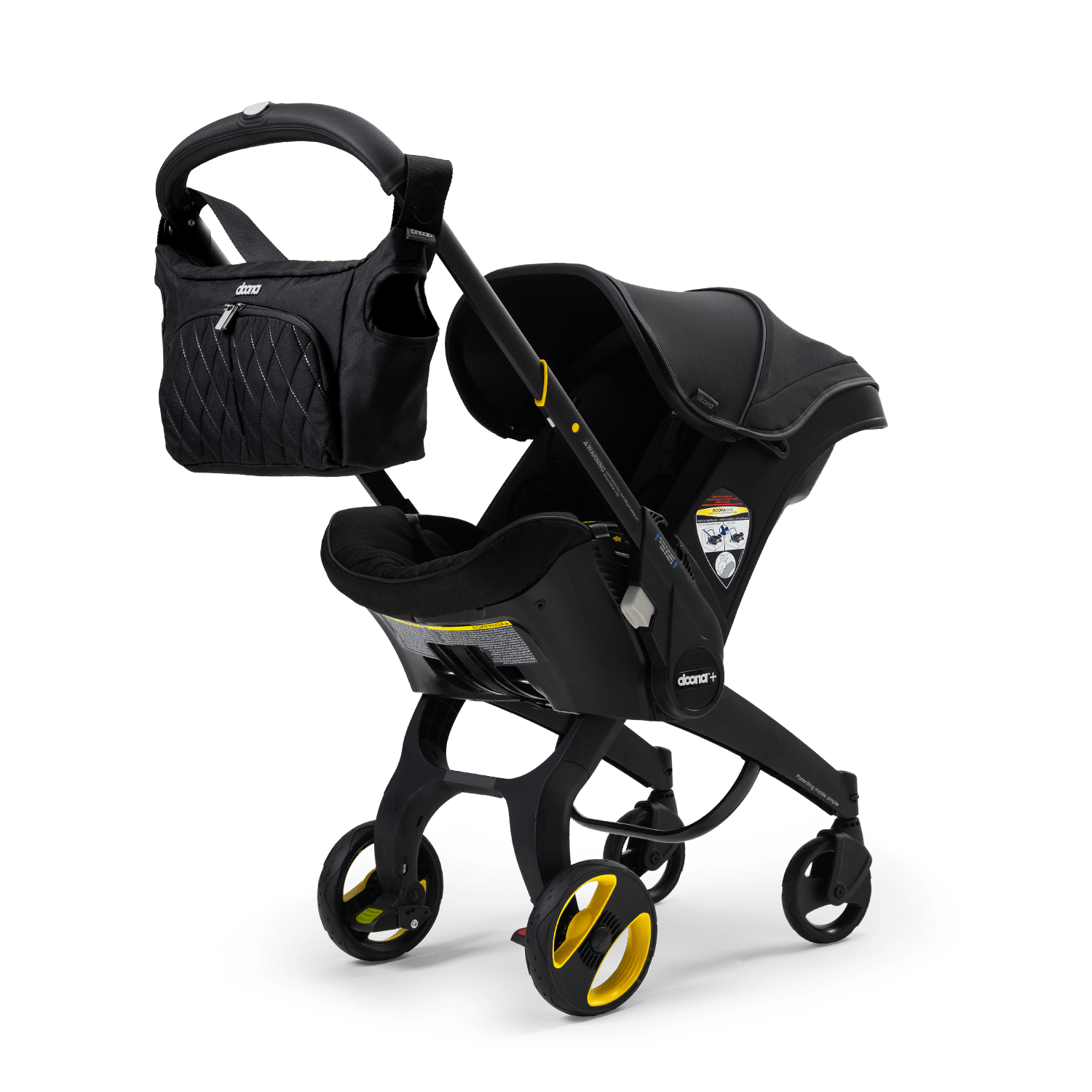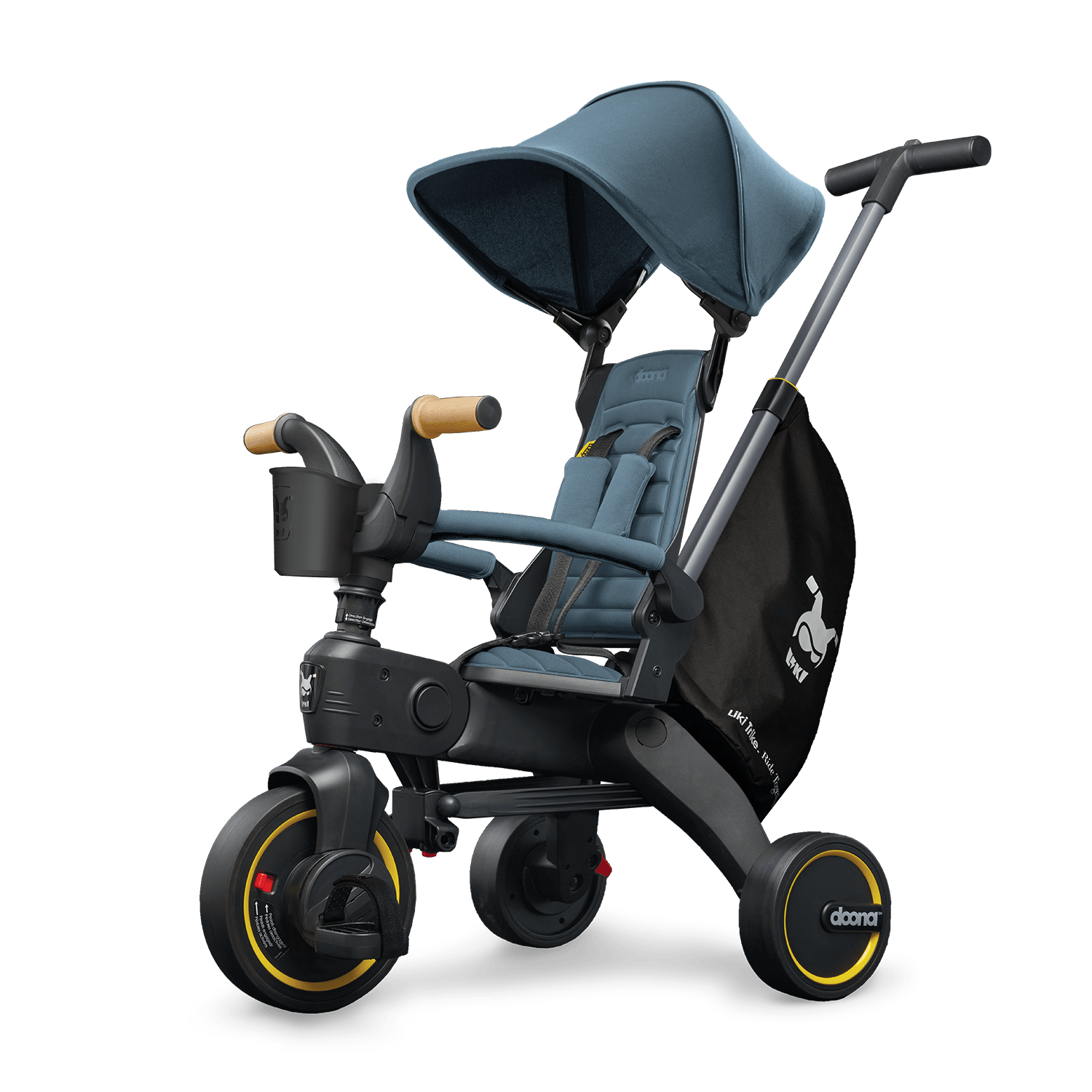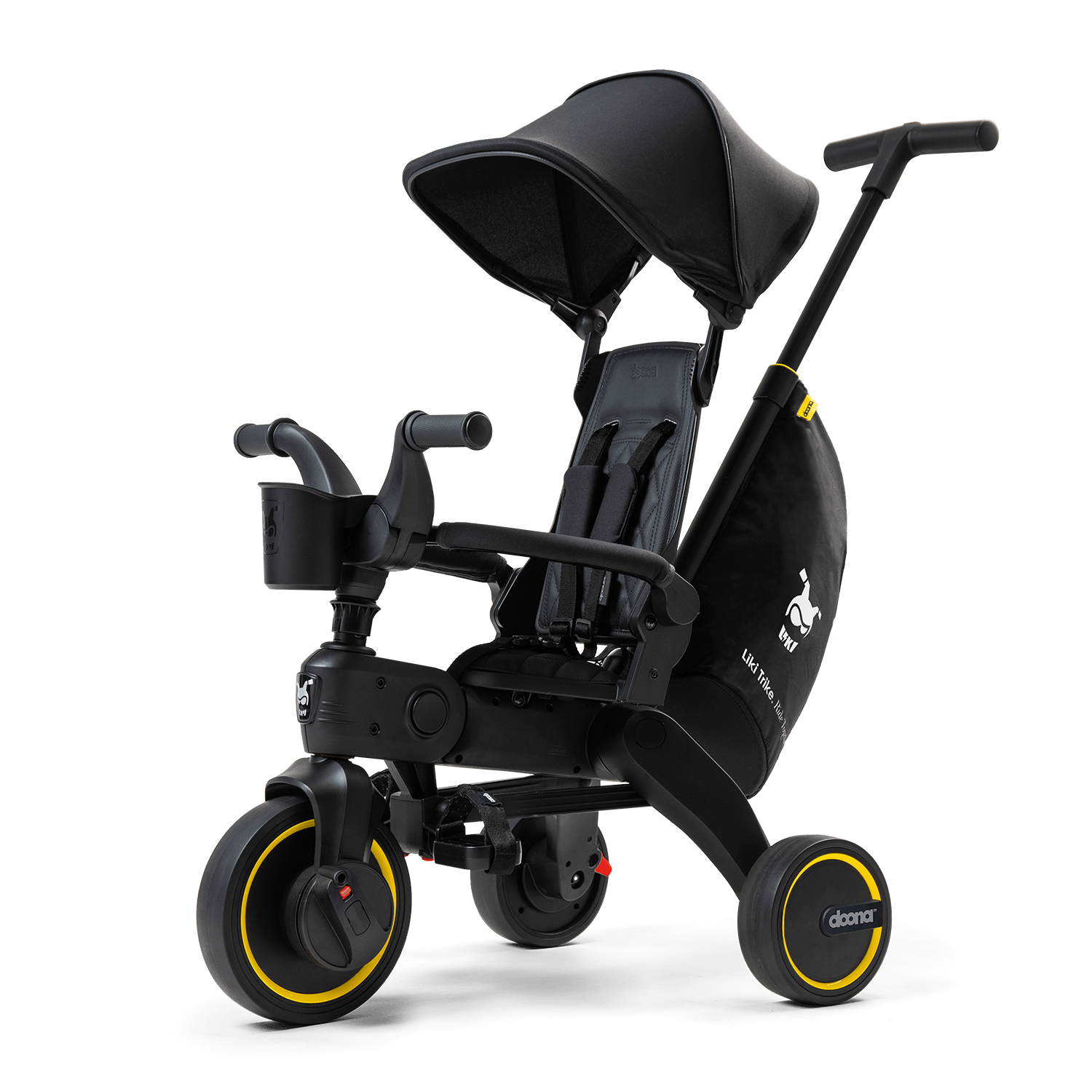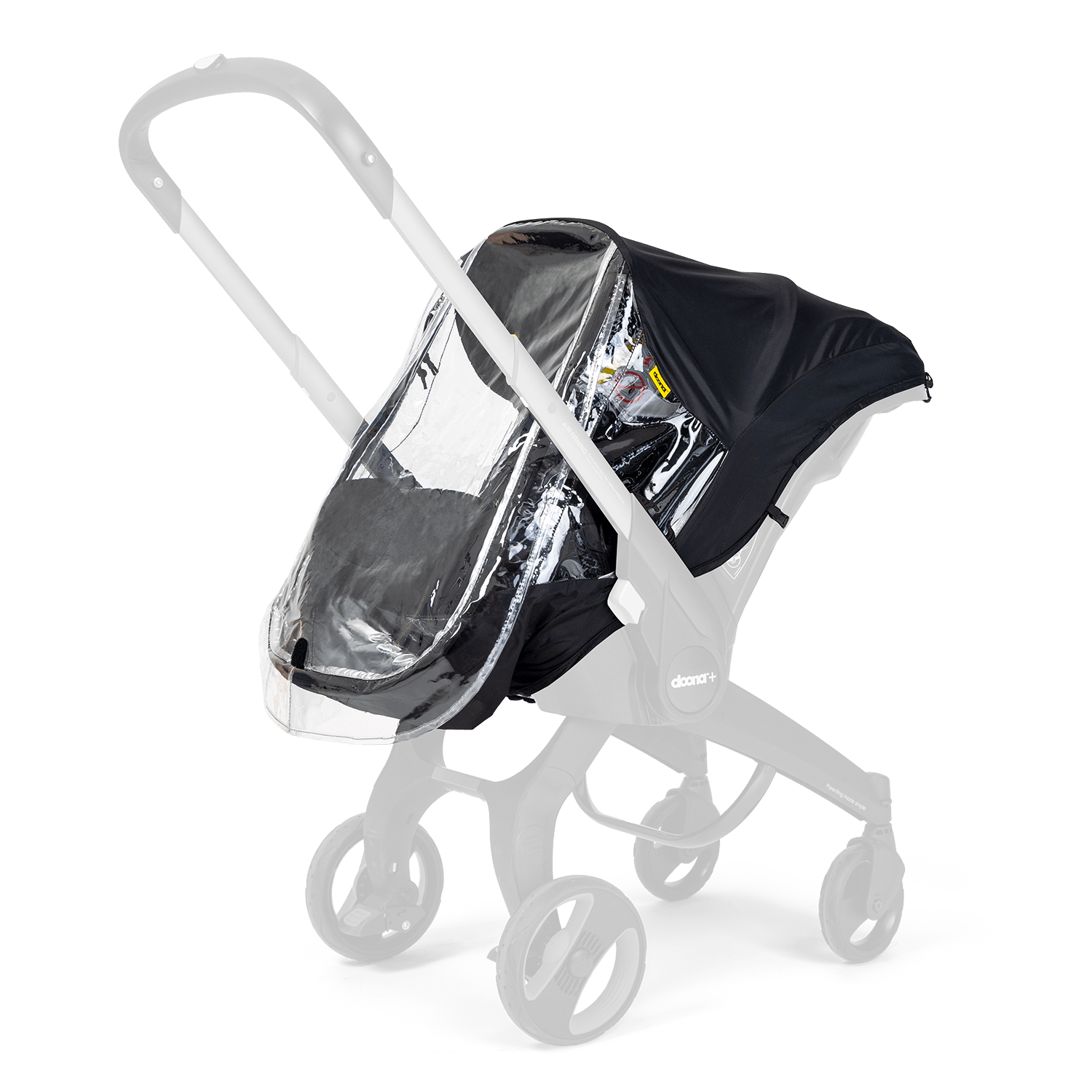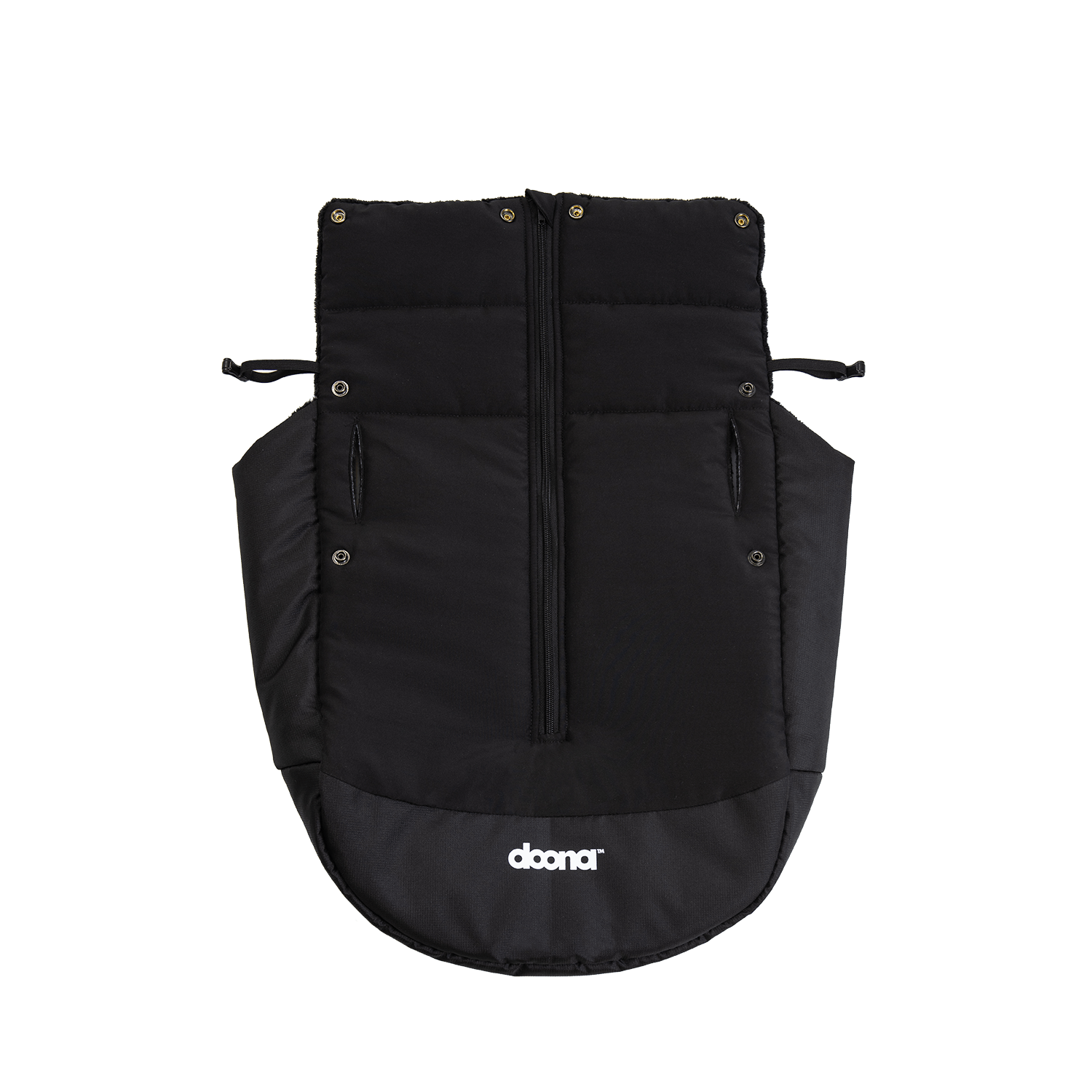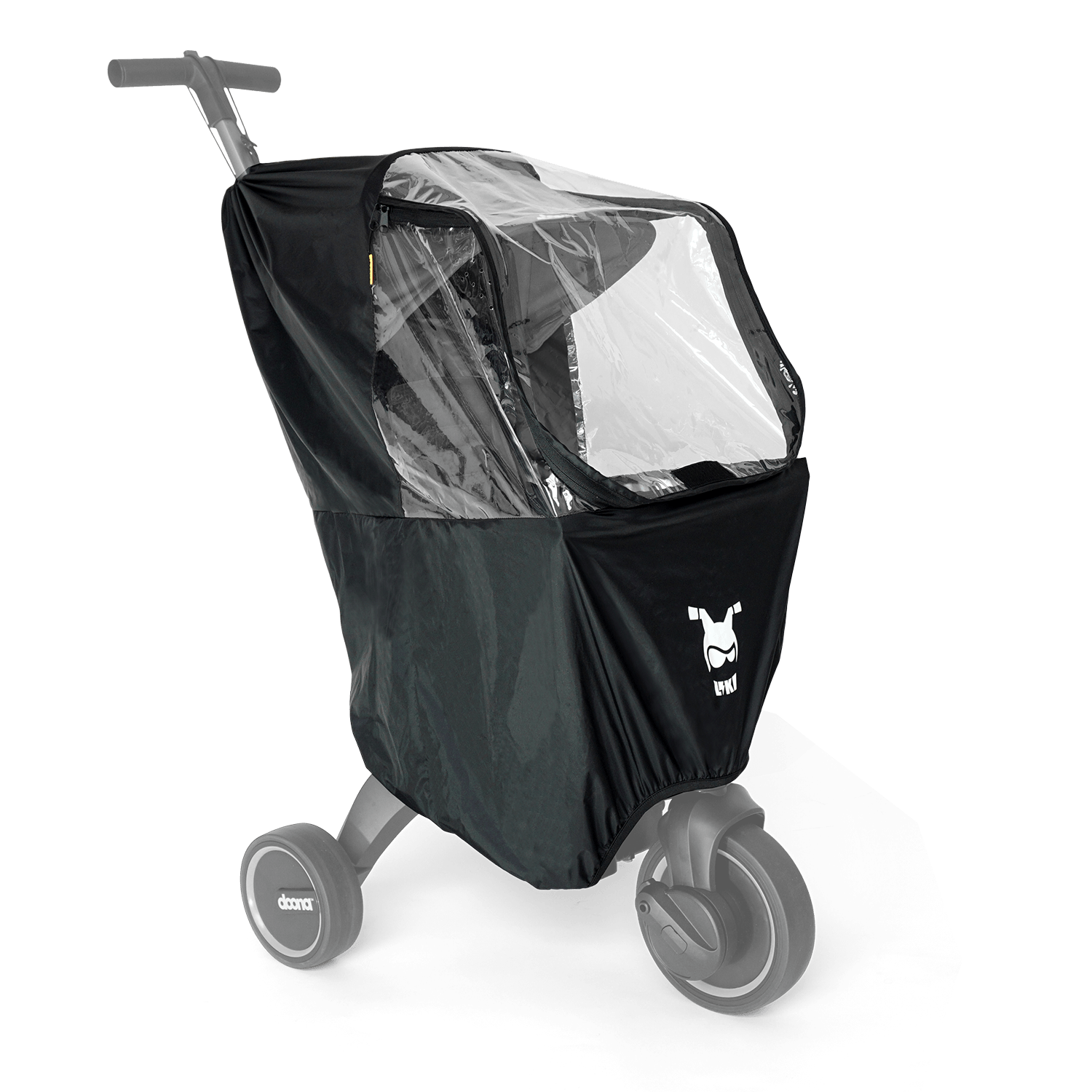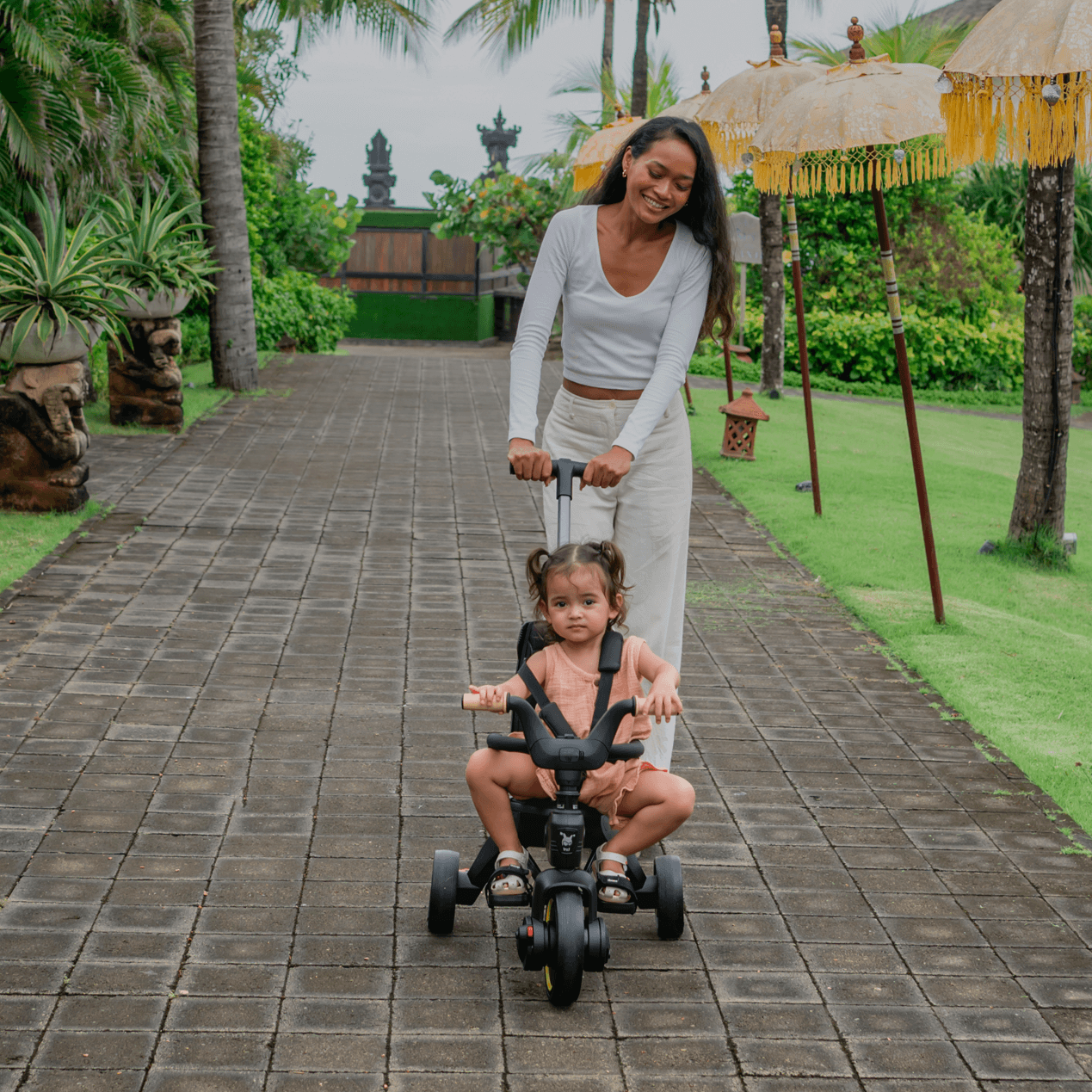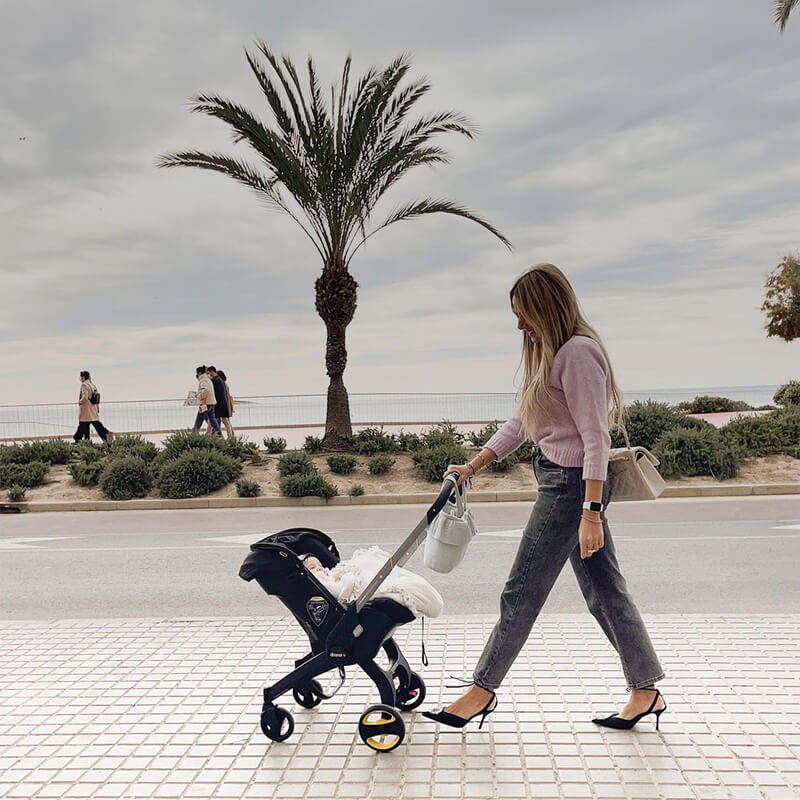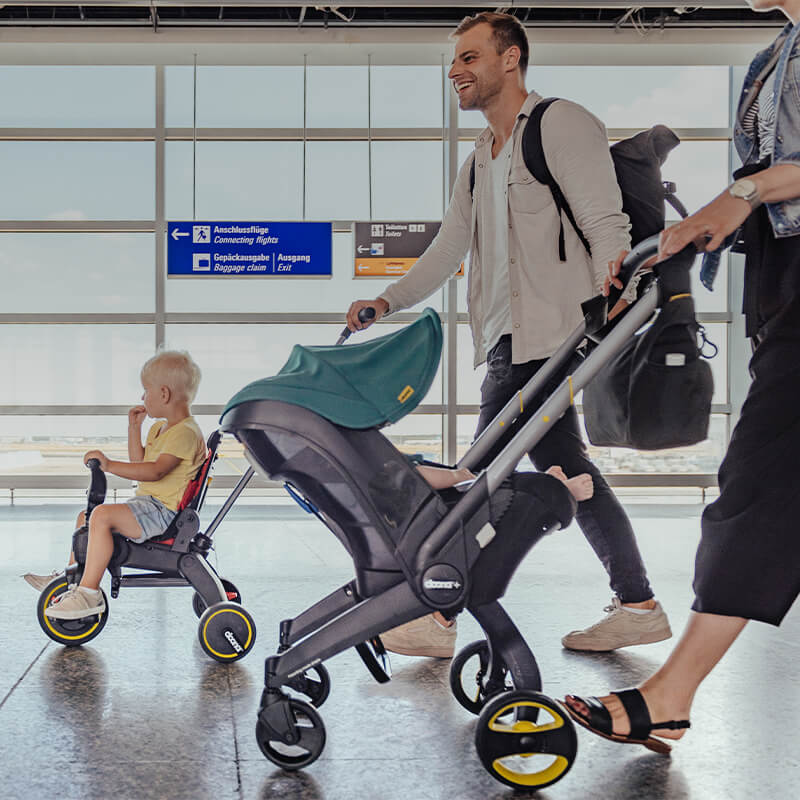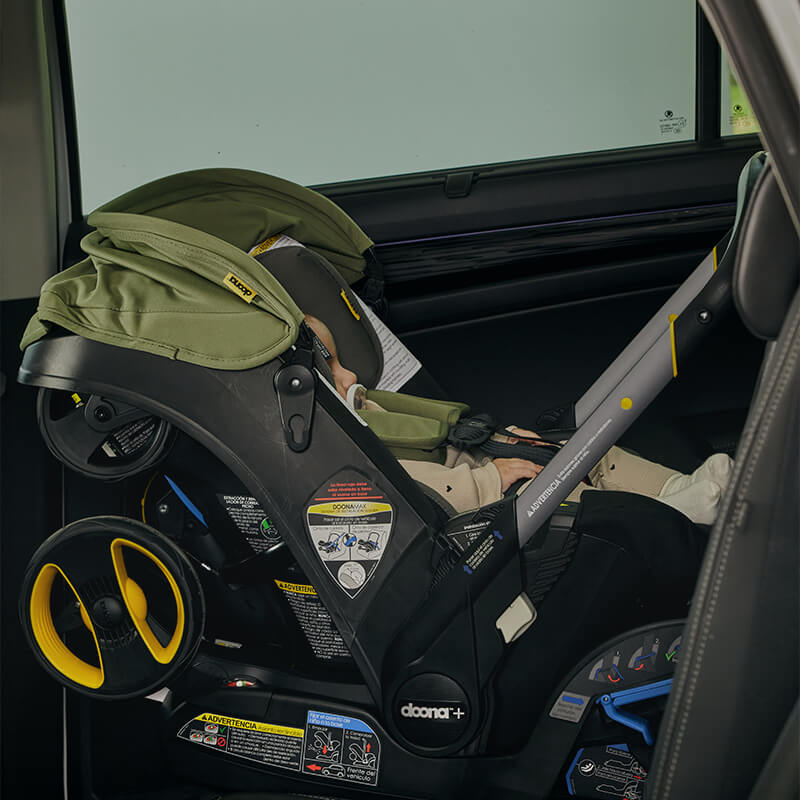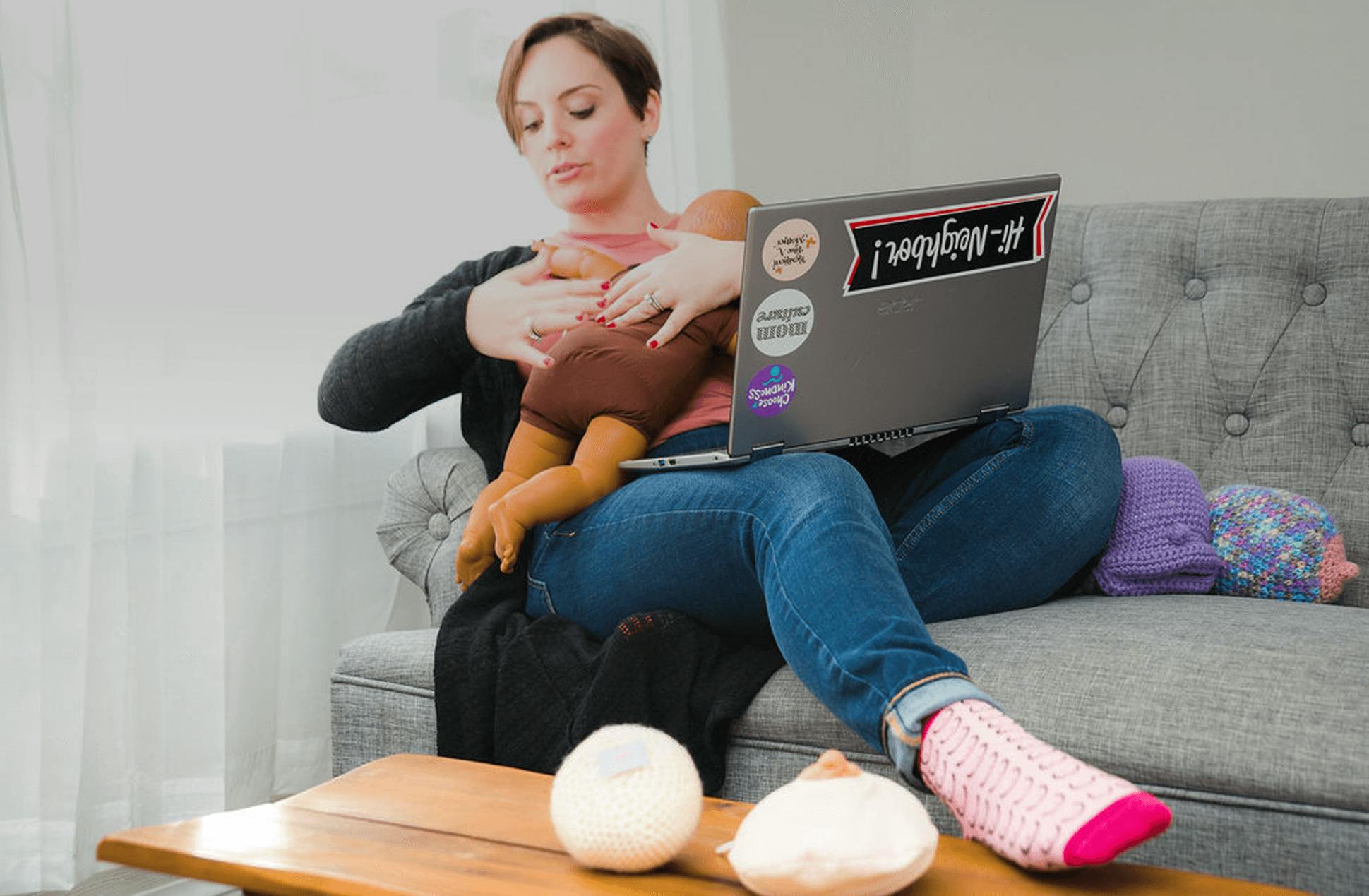Insights with lactation consultant Kelly Kendall on breastfeeding
To celebrate World Breastfeeding Week, we went live on Instagram with breastfeeding consultant and founder of the Boob School, Kelly Kendall.
We learned about breastfeeding, common issues that women face with breastfeeding, top tips and more!
Tell us a bit about yourself:
I am a mom first, and I have kids who are almost 11 and 8. I'm also a nurse and an IBCLC, which stands for International Board-Certified Lactation Consultant.
I've worked both inside the hospital here in the US and Maryland, where I live, and outside as a private practice lactation consultant. I created a breastfeeding program called The Boob School. So, what I do right now is I help breastfeeding families navigate challenges, and I educate and empower families, through The Boob School and through the support I offer there.
What was your journey with breastfeeding like?
I was already a nurse and I had been in maternal child healthcare. I kind of went into breastfeeding like “well obviously I'm going to be amazing at this”, and then I was hit over the head by a two-by-four, my kids had tons of issues. It was really, really challenging and I just realized how incredibly unprepared I was for that experience. We put so much attention on all the stuff we need with breastfeeding, like awesome car seats and strollers and cribs.
And I realized that I put like zero emphases on education and support in my own journey. And, um, and then doing what I, that really is what got me into supporting families. Needing that support so badly myself and, you know, working with great lactation consultants and realizing like what a huge difference having that support and education makes.
What is the Boob School and what inspired you to create it?
So really the inspiration came from seeing this huge gap between the education and the preparation people had when they came to the hospital and what they actually needed to be successful with breastfeeding and feel supported and feel confident.
So every day I was in the hospital and people were just needing so much education, and in the US our time in the hospital is really short with families. It's like 24, sometimes up to 72 hours.
It's not the best time to learn. So, I really was like, I need to get this education to people before they're completely sleep deprived and overwhelmed, so they can go into this experience immediately having the tools that they need to succeed.
So that's really what birthed boob school. And really what keeps me going is being able to give that confidence to people.
"it really gives me a lot of compassion for how complex human bodies are and how breastfeeding is really this dynamic exchange between mom and baby."
Do you do workshops?
It's modules that are broken into like 20–30-minute modules, everything from like what I want you to know before birth, to pumping, mastitis, weaning stuff down the line. So, it's really kind of soup to net support that you can go back to over and over and over again and you get a guidebook on your phone.
Everything's in one place, and you can return to it over and over again, and then having live support, we do bimonthly zoom calls. We have a private Facebook group, which to me is the missing piece in a lot of breastfeeding programs - Is that community and that support. We just really need to be witnessed, even in our struggles and celebrating things, we need to be in community with other people and have that.
And that's such, such an important part of Boob School.
What inspired you to get into the line of work to become a lactation consultant?
Well, I think it was a combination of a lot of things.
I think my whole life story - I was a NICU nurse, so I kind of was in that world a little bit with moms and babies and breastfeeding and feeding. I’ve heard and seen a lot of these things and then just my own struggles with breastfeeding and I'm a cancer survivor. And I think that influences it too because it really gives me a lot of compassion for how complex human bodies are and how breastfeeding is really this dynamic exchange between mom and baby. And even when moms want it so badly and are doing everything right, it can be really hard.
What's your favorite thing about being a lactation consultant and your line of work?
Well, I loved babies. I'm just like completely mesmerized by them. I'm one of these annoying people, I am doing like my soul's work. I love what I do. I love supporting families. I feel like I was put on this planet to do it. It's kind of a magical thing to be able for people to trust you in such an intimate time in your life.
It's really such a vulnerable, incredibly intimate time, and to be able to witness people through that and be a cheerleader and be part of it is just such an honor. I really love what I do and I feel so lucky to be able to be a part of the journey for people.
What advice would you give to new mothers who find breastfeeding a bit challenging?
I'm always telling my clients to zoom out. You know, when you're in the weeds, it's really easy to just feel like if it doesn't work today, if it doesn't work in this hour, it's just never going to work.
So, I would say having that long game perspective. And support, support and education, and confidence.
There's this term called self-efficacy. I was just writing about it today. And self-efficacy is the belief that you can do something and more than anything else, breastfeeding self-efficacy. So going into your breastfeeding experience, feeling like you can do it and feeling like, you know, you might not be a hundred percent confident, but at least you're like, all right, if shit is hitting the fan, I have a plan.
At the Boob School can new moms and parents connect with each other as well?
We have an entire Facebook group and that's one of the things that I love, obviously, I monitor the Facebook group. The beautiful thing is that everybody's taken Boob School, so everybody kind of has a foundation of knowledge.
I just love answering things, but being a fly on the wall, watching other parents support each other is one of like, I totally get into my feels there. I was looking at other moms, supporting each other and cheering each other on. And even if you're just there to bitch like witnessing each other and been like, I've been there, I hear you.
That's what I really love is the community that we're building too.
What's mastitis and what's the best way to treat it?
Mastitis is kind of a very misunderstood term.
Anything with ‘itis’ in it with the human body means inflammation like pancreatitis. Mastitis is inflammation in the major gland in your breast. It can either be from an infection or it can just be from inflammation, milk not moving very well in the breast.
We used to have this idea about mastitis, that everybody needed to go on antibiotics. What we've learned since really very recently, is the science has been coming out that talks a lot about how the breast has a microbiome, just how your gut has a microbiome. Your breast also has a microbiome and it's really supporting that breast microbiome.
That's really important, I have a whole module in Boob School called Boob that is all about managing chronic CLOs and mastitis. There’s a lot of bad information out there on the internet about how to manage mastitis. I just want to give parents the info on how to not make it worse and really understanding what's going on.
Mastitis is definitely one of the worst parts of breastfeeding if you happen to be unlucky enough for it to happen. So that's why you really want the tools in place, so you know what to do right away.
"I feel so passionate about giving people the tools for like, if shit is hitting the fan, I don't want to just paint you a rainbow and sunshine picture of everything's perfect."
Are there any new lactation tools that you would recommend for new moms?
I like to keep things simple. Probably my number one breastfeeding tool is something called Silver Rate. They are silver nursing cups so silver is naturally antimicrobial and antifungal, and you wear them over your nipples to prevent any cracking or deal with any cracking or bleeding or soreness. And double use is they're wonderful to hand express into and hand expression is when you use your hand to move milk, especially colostrum, which is your first milk, and you can use the Silver Rate to feed the baby in the very first days.
A good pump is one thing that's really important and a good bottle, the shape is really important.
So really a good bottle, Silver Rates, and Boob School. That's kind of like my foundational stuff. There's a lot, everything is marketing and there's a lot of stuff out there that you don't really need. Investing in the fundamentals, investing in support and stuff, that is really where I would put my money behind.
What are your tips for safely storing breastmilk?
Another thing that we don't have a lot of science to support is breast milk storage. The CDC has guidelines that are four to six hours at room temperature for four to six days in the fridge and six months in the freezer.
Do you have any unconventional tips for breastfeeding?
Probably my biggest thing is teaching people how to latch while they're reclining.
Reclined breastfeeding, where you're really far leaning back is very, very helpful for breastfeeding a newborn. You know, a lot of times we think about breastfeeding, you think of sitting up straight with pillows all around you. Breastfeeding is actually much easier for the baby and much easier for mom's body if you recline.
I've seen a lot of things. I feel so passionate about giving people the tools for like, if shit is hitting the fan, I don't want to just paint you a rainbow and sunshine picture of everything's perfect. This is what you do.
Any tips for if breastfeeding hurts?
It's common for breastfeeding to be uncomfortable in the first days but it's not normal. It is a sign that something is up with the latch and it usually has to do with how wide the baby's mouth is or how deep the latch is.
If breastfeeding hurts, definitely it's not normal and you want to get help. Learning how to latch in a reclined position, that's going to help your baby to open wider and to breastfeed better is a great move for helping with that soreness.
I think reclining, reclining, reclining, I cannot imagine doing my job without teaching this. This is the first thing I'm going to teach you is how to lean back deeply and allow your baby to latch themselves.
Babies are born with reflexes, they're mammals, just the way a dog and a cat are. Thinking about breastfeeding, they're responding to reflexes and when we give them gravity to help by leaning back and allowing them to lay on top of our bodies, it's going to just make what feels like a 30-step process, where you need 18 arms to latch your baby into something that's much easier, much more comfortable, and much more intuitive for you and baby.
Where can people contact you or how can they join the Boob School if they want to learn more?
So the best way to get in touch with me is my account on Instagram is @thebalancedboob, I'm on there a lot, I'm on there too much, but feel free to message me. Again, I really encourage people just to prioritize the education, support, and the confidence that you need going into this experience.
At Doona, we are all about providing products and tools to help make life easier for parents. That’s why we created smart and functional travel baby gear like our Doona Car Seat & Stroller, the fully integrated travel system that transforms in a click; as well as Liki Trike, the most compact folding tricycle on the market.
